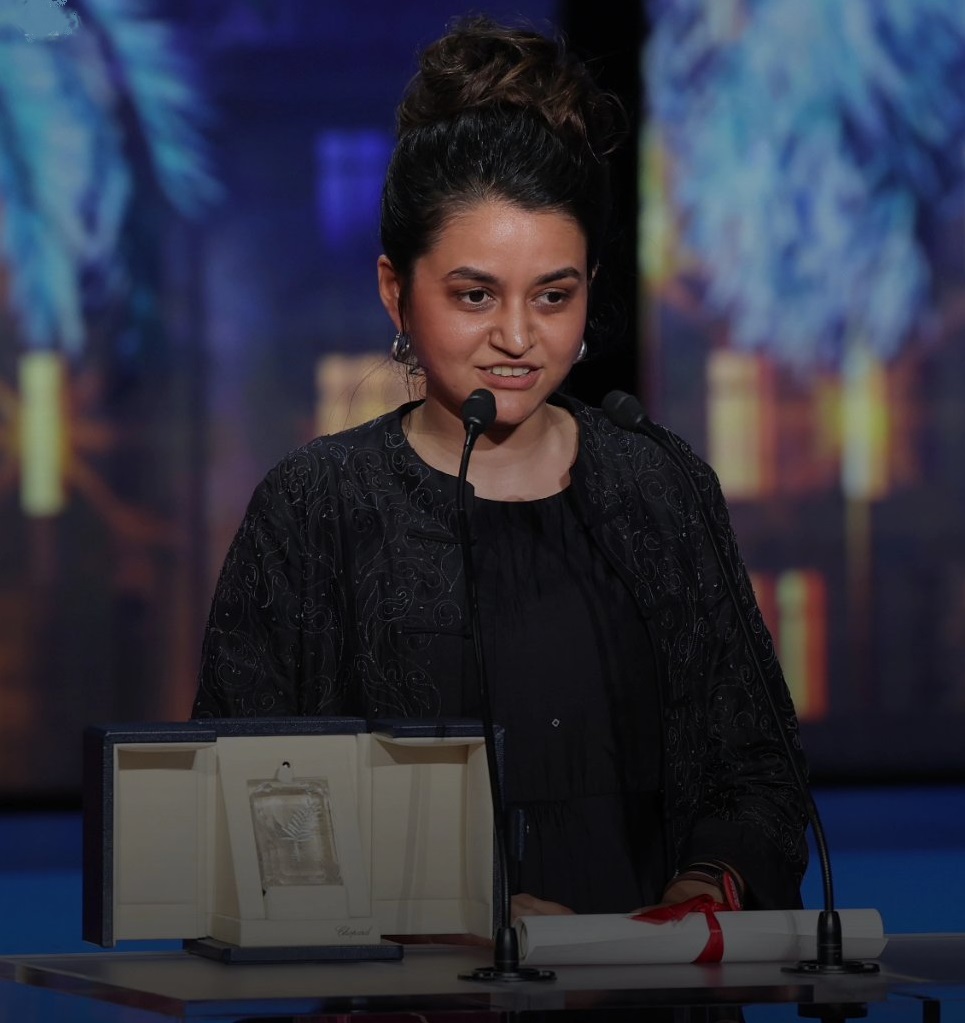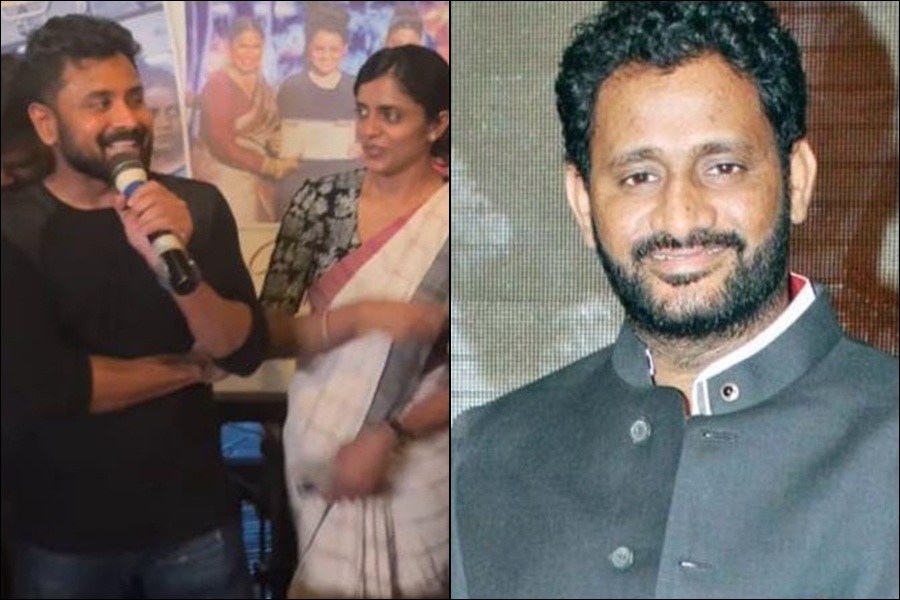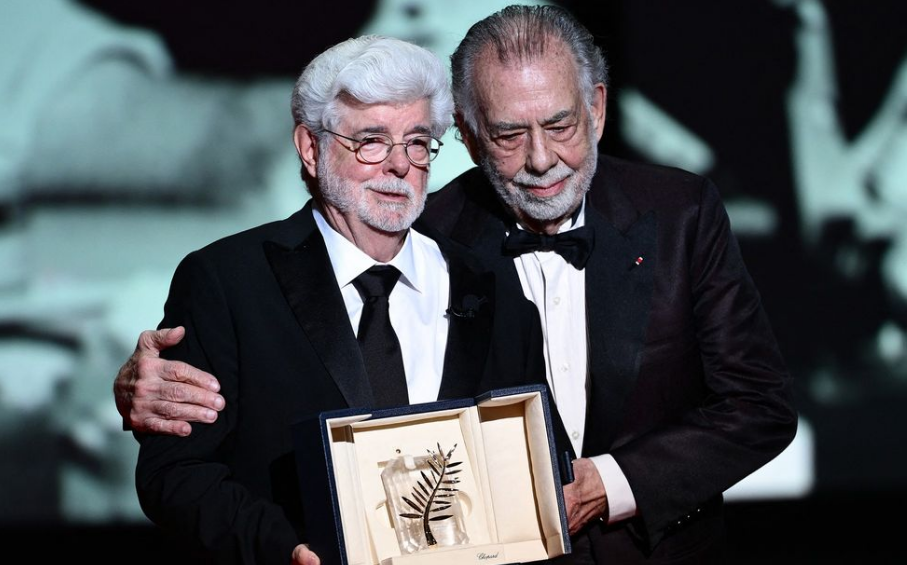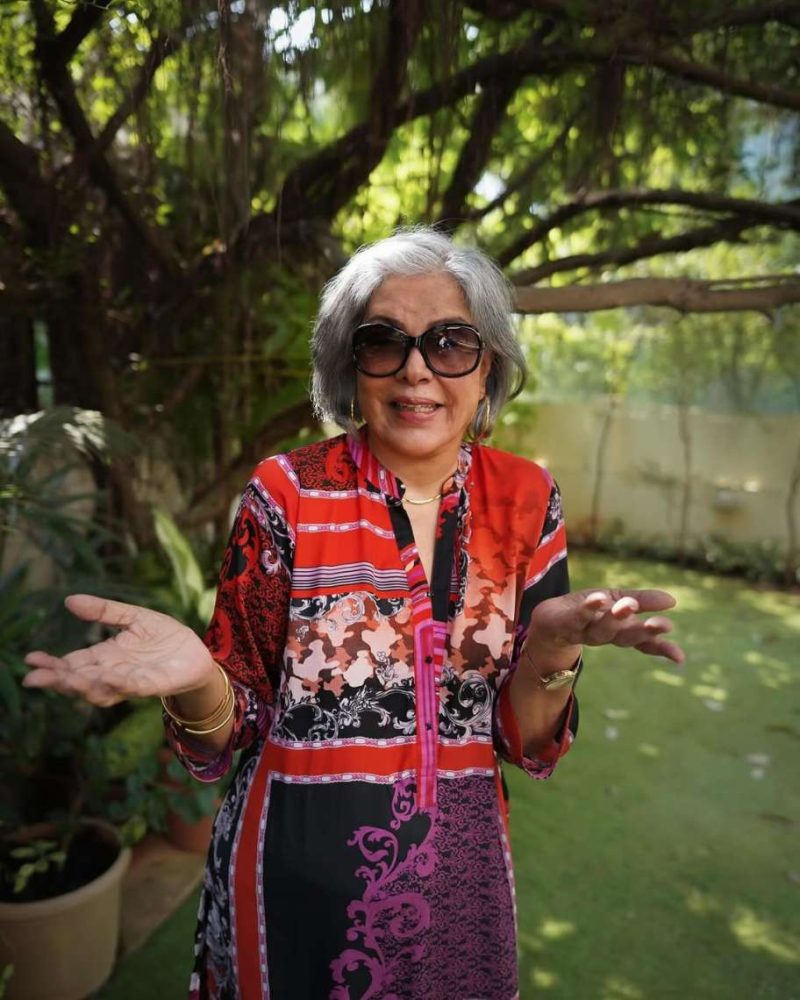In the same year, the Pune Police filed an FIR against 35 students, including Kapadia, after they held the then FTII director, Prashant Pathrabe, captive in his office…reports Asian Lite News
Payal Kapadia scripted history on Saturday night by getting the Grand Prix for ‘All We Can Imagine As Light’ at the 77th Cannes Film Festival, but back in 2015, she was a condemned student at her alma mater, the Film & Television Institute of India (FTII).
In 2015, FTII was in a state of ferment because of the appointment of Gajendra Chauhan, a BJP activist whose only claim to fame was that he had played Yudhishtir in the TV serial ‘Mahabharat’, as its chairman.
Kapadia, who had got into FTII on her second attempt in 2012, was one of the leaders of the 131-day protest against Chauhan, who, incidentally, was opposed by a phalanx of Bollywood celebrities, from Rajkummar Rao and Nawazuddin Siddiqui to Anupam Kher, and also by Soumitra Chatterjee and Jhanu Barua.
As several people pointed out on X after Kapadia’s Grand Prix win, FTII initiated disciplinary action against her when she led the boycott of classes. Later, FTII cut her grant.
In the same year, the Pune Police filed an FIR against 35 students, including Kapadia, after they held the then FTII director, Prashant Pathrabe, captive in his office.
They were protesting against his decision to proceed with the assessment of incomplete student projects of the 2008 batch.
FTII and Hindutva politics, interestingly, are the twin themes of Kapadia’s debut docu-feature, ‘A Night of Knowing Nothing’, that won the Golden Eye at Cannes 2021. The film is still to be released in India.
Going back to Kapadia’s FTII days, she was making a mark creatively as she was firming up her reputation as a firebrand student leader. Her 13-minute film, ‘Afternoon Clouds’, was the only Indian entry in competition at Cannes in any category in 2017 — and it qualified for the 16-film shortlist for the Cinefondation student film section.
The FTII quietly decided to support the film, which enabled Kapadia to walk the Cannes red carpet wearing a sari, and not the designer gowns that usually make the news, for the first time.
She did not win a prize, but her film was one of just 16 to be selected out of more than 2,600 that had been submitted for consideration from all over the world.
For the Rishi Valley Kodaikanal alumna who studied Economics at Mumbai’s St Xavier’s College and then Sophia, and thereafter spent five years in advertising before getting into FTII, Saturday night must have felt like heaven after a long journey that started with an FIR.
‘A Miracle Without Support’
After Shweta Dhanwanthary spoke up about the travails of indie filmmakers who find it so hard to sell their storyboards in India, OTT star Tillotama Shome took to Instagram with a heartfelt post to amplify the point.
Both posts, which are essentially critiques of the celebrity culture that drives story selection in mainstream Indian cinema, are in response to Payal Kapadia winning the Grand Prix at the 77th Cannes Film Festival on Saturday night.
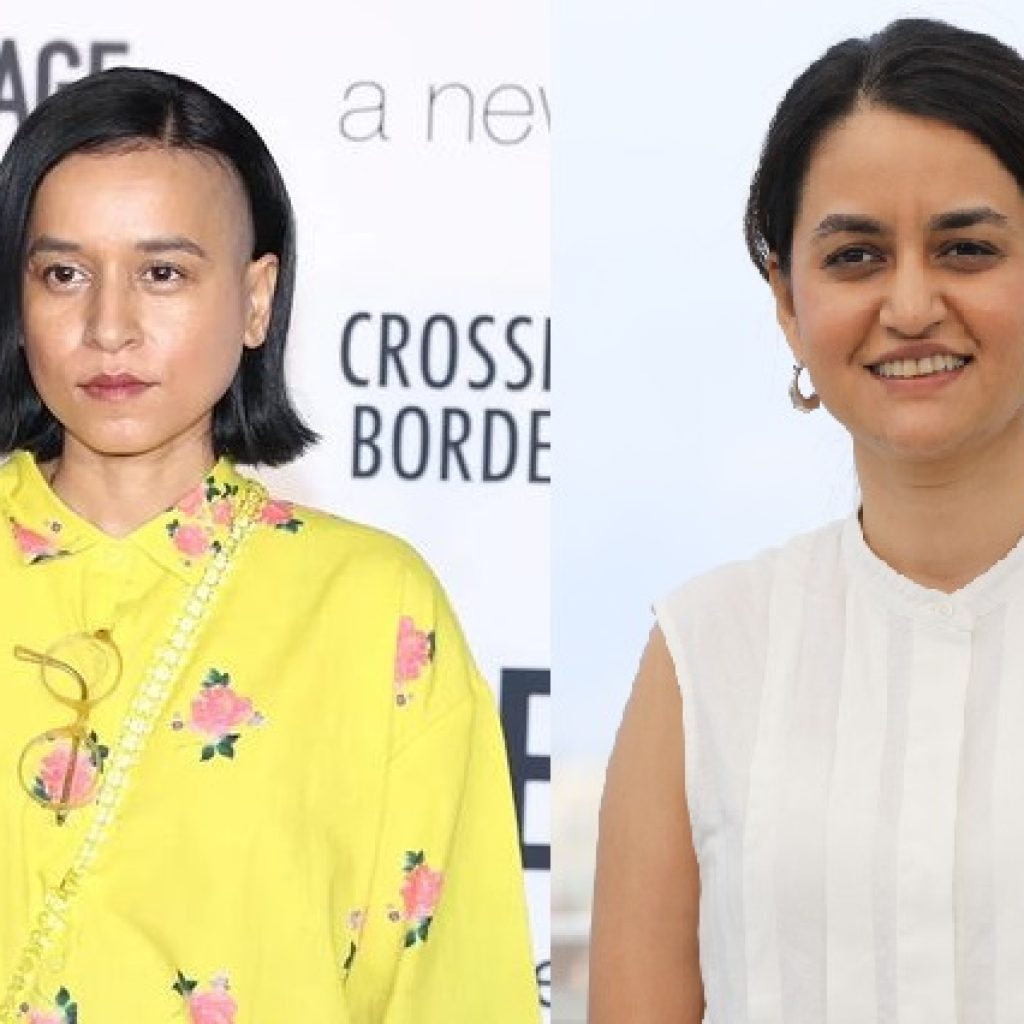
It was the highest international award an Indian filmmaker has received at a global event after the honorary Oscar for Satyajit Ray in 1992. And yet Kapadia ‘All We Imagine As Light’ was able to see the light of day because of support from international producers Thomas Hakim and Julien Graff, and funding from a whole host of European agencies — Arte, Cineworld, CNC, Condor, Eurimages, Gan Foundation, Hubert Bals Fund, Luxbox, Pulpa Film and Visions Sud Est.
In a long post, Shome said: “I wanted to put some flowers out today to celebrate the women from my country at Cannes. How did they get there? Ask them and you will weep.”
She then made the point that seems to be on top of the mind of many in the film industry. “It’s nothing short of a miracle for an Indian indie film with no institutional, financial or emotional support from the country, to make it this big,” Shome said.
Speaking like an artiste feeling for others of her ilk, she asked: “How were the films funded, how difficult was it to complete the film in that budget, and oh, how did the actors put together the money to fly to Cannes, so they could bring home the prize, that we are so proud of?”
Shome concludes with these heartfelt words: “Let us put some skin into this game if we are feeling so proud. Otherwise it’s not pride, but just shame for not believing in your own storytellers, until the world asks you to look at them.”
On Saturday night, as soon as the news of Kapadia’s win came out, Dhanwanthary took to X to make the same point. As already reported by IANS, ‘The Family Man’ star concluded her post with a telling line: “They succeeded despite the industry’s typical standards of success and non-existent encouragement.”
ALSO READ-‘The Woodcutter’ Highlights Climate Change at Cannes


